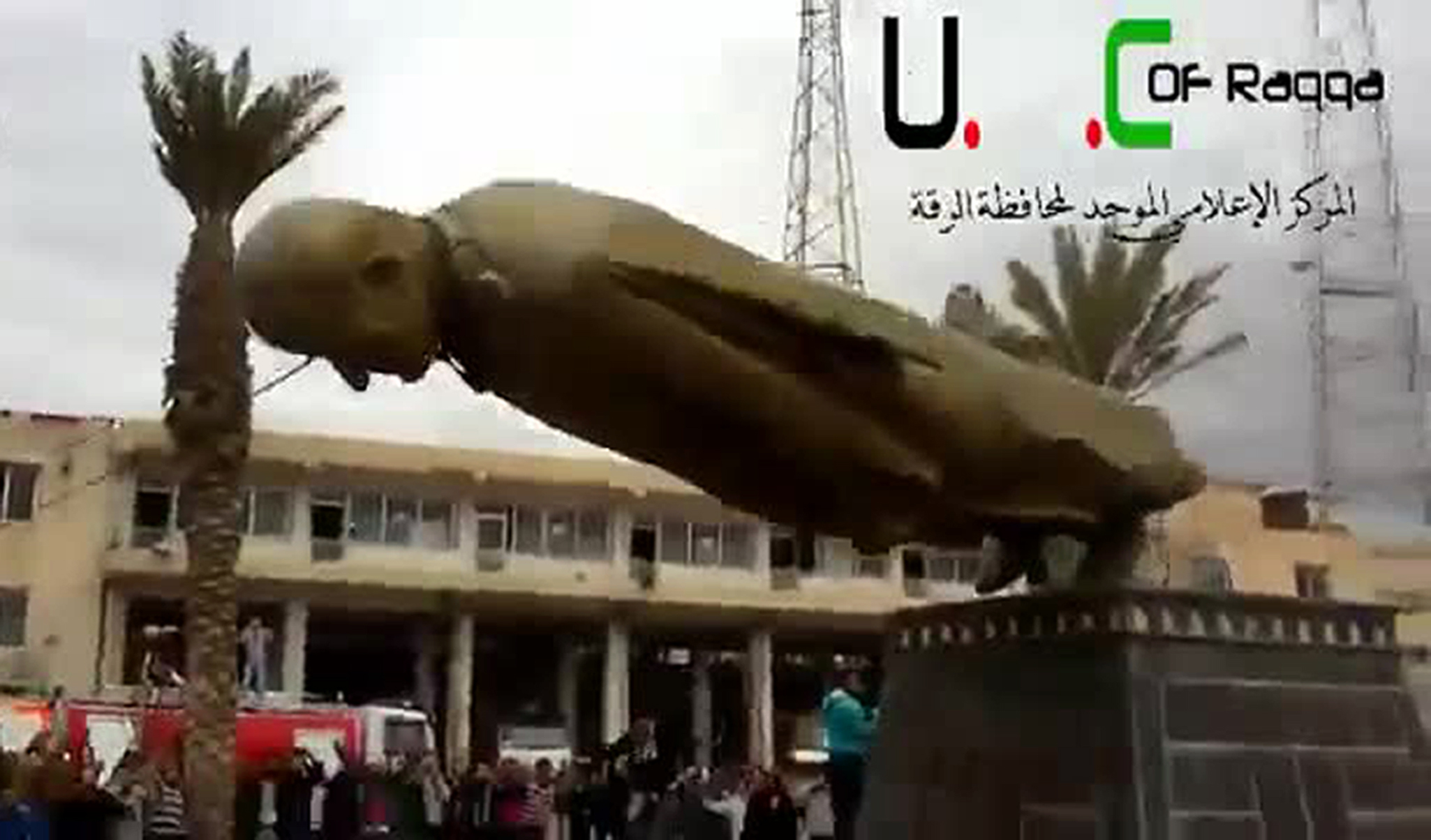Geert Wilders, the Dutch MP who plans to release an anti-Islamic film this month, will never lead his followers to the Promised Land. He does not promise milk and honey. He can only deliver civil strife. He is living politically on the very conflict he claims to want to prevent. The more extremist the reaction to his provocations, the more happy he will be. He needs extreme reactions like an alcoholic needs a drink. He is part of the problem, not part of the solution.
There are three good reasons why the Muslim reaction to his provocations needs to be measured and intelligent. First, not to fall into the trap of giving him what he wants. This implies the need for new approaches if the Organization of the Islamic Conference (OIC) and others are to play an effective role in combating Islamophobia. Second, because the growth of right wing extremism, racism and anti immigrant feelings against a background of economic and social problems is a wider phenomenon which worries Europeans. They do not want to repeat the history of the 1930s.
Thirdly, because all religious movements have a common interest to avoid that religious symbols are desecrated or that this gives an opportunity for their religious identity to be hijacked by political extremists claiming to defend them.
The decision of Network Solutions, the US internet service provider, to suspend the proposed host website for the movie and investigate possible legal contraventions is a sign of a new approach. So is the Netherlands court case to ask if there is any legal reason to ban the film. The new emphasis is on whether existing laws may be broken on racism, breach of the peace, or provocation of religious or ethnic groups.
This is appealing to secularists and other religious groups to help establish legally that there have to be some reasonable limits to free speech to avoid the deliberate provocation of religious conflict. European citizens are free, but wrong, to blame their problems on immigrants. They are free, but wrong, to oppose Turkish membership of the EU because it is a Muslim country, although this would make the EU stronger economically, socially and militarily, precisely helping to avoid the clash of civilizations that extremists seek. They are free to criticize each other’s religions or beliefs.
We should all be better informed on what different religions really say and how this is applied in a modern context. But the contextualization of religion in modern multi-cultural society is the responsibility of religious leaders and must be improved.
Many years ago I studied a small Rastafarian political-religious splinter-group in Jamaica that contemplated, in the early 1960s, poisoning the public water supply on the grounds that the oppressors had water taps and the oppressed did not. They fought a small brief uprising, little known outside of Jamaica. They were inspired by the Book of Revelations in the Holy Bible.
I stress that most Rastafarians did not support this and we know the Rastas better for Bob Marley and the reggae music that was and is the cry of the sufferers and the poor for the Promised Land.
I was also in the Gaza Strip when an extremist Israeli settler attacked a group of worshippers in a mosque in Hebron. Whatever arguments must be resolved between Israel, Arabs and Muslims are political issues covering human rights, land and water. The shared theological roots between the three great religions of the Middle Eastern Holy Books remain undeniable.
The dreadful lessons of anti-semitism tell us what happens when a religious or ethnic group finds itself abandoned to intolerance. At the start of the Spanish Inquisition moderate and liberal Christians, Jews and Muslims in Andalusia were oppressed together and persecuted Jews found refuge and were welcomed in the Ottoman Empire protected by a tolerant and cosmopolitan Islam.
Extremists seek to divide us and to promote conflict. Moderates seek to draw out the best in all our religions and cultures. In the end intolerance does not discriminate and history tells us that to ride it is to ride a tiger which will one day turn and bite you. The Wilders of this world would lead us into the wilderness for ever. If we learn to share the milk and honey then we can make the Promised Land together.
Dr Terry Lacey is a development economist who writes from Jakarta, Indonesia, on modernization in the Muslim world, investment and trade relations with the EU and Islamic banking.
